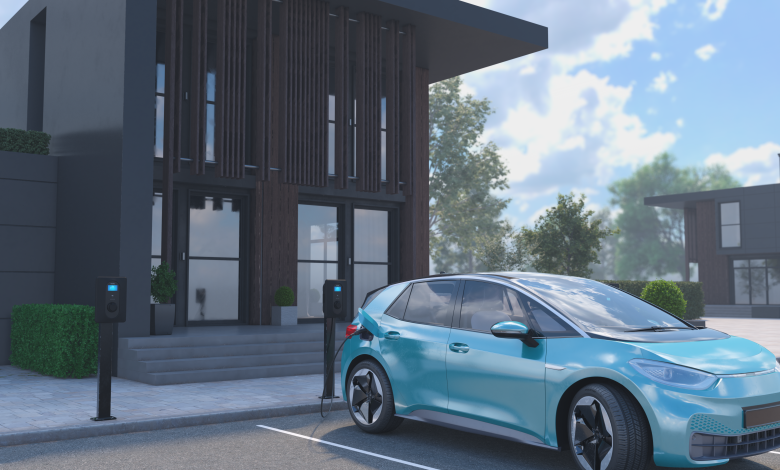Don’t be fooled: electric vehicle myths

For years, “range anxiety” has haunted the electric vehicle revolution in the UK, with the fear your car might run out of battery before you reach your destination. But according to Sally Bailey, Head of EVC Sales UK at Vestel Mobility, those worries are largely outdated.
EV chargers are everywhere
“It’s easy to assume chargers are hard to find. In reality, the UK now has almost five times more public EV charging locations than petrol stations – nearly 42,000 sites, compared with around 8,400 fuel stations. Even in rural areas, the maximum distance between chargers is about nine to 10 miles, and in cities like London, the network is incredibly dense, with 25,000 public chargers alone. The growth continues at pace: over 1,000 new public chargers are added every month, helping keep pace with the increasing number of EVs on the road.”
Chargers work when you need them
“Early public chargers could be unreliable, but those days are gone. UK regulations now require rapid chargers to maintain 99% uptime, and most networks exceed this. For example, InstaVolt reports 99.53% availability across its network. Yes, charging takes a bit longer than filling a petrol tank, but the convenience of home, workplace, or retail park charging more than makes up for it.”
Home charging is a game-changer
“A big advantage of EVs is that you can “refuel” overnight at home. Around 680,000 UK homes already have chargers, and roughly two-thirds of homes could support one. Home charging is also cheap: many providers, including Octopus Energy, offer overnight rates as low as 8–11p per kWh. A basic 7kW home charger can give around 140 miles of range overnight, enough for most people’s daily journeys.”
Charging times have plummeted
“Another old worry is that EVs take forever to charge. Modern high-power chargers, 150kW, 300kW, and even higher, can add 100 miles in around 10 minutes. Vestel Mobility is already rolling out 720kW and 1MW chargers in service hubs across the UK. Most EVs accept up to 250kW, which still allows a full charge in minutes, comparable to filling a petrol tank and buying a coffee.”
Modern EVs go the distance
“Battery technology has come a long way. Most mass-market EVs now achieve 250–300 miles per charge, and premium models exceed 350 miles. The UK’s best-selling EV, the Tesla Model Y, claims 331–379 miles, with real-world tests confirming these figures. Even in cold weather or with enthusiastic driving, range is more than enough for everyday use. The average EV range in the UK has jumped 43% in three years, from 210 miles in 2020 to 300 miles in 2023, and continues to rise every year.”
Help is always at hand
“Even on the rare occasion of running low, UK drivers aren’t stranded. Major breakdown services have solutions for EVs. The RAC’s EV Boost vans carry onboard chargers that can add 5–10 miles of range, enough to reach the next station, while the AA’s Freewheeling hubs can tow EVs safely, and some vans carry small mobile chargers for quick top-ups.”
The bottom line
“For most UK drivers, daily journeys are under 25 miles. With home charging and a growing public network, EV range is no longer a practical concern. The technology, infrastructure, and driver habits have all moved on. For most people, running out of charge simply isn’t something they’ll experience. The real challenge now is helping drivers see that reality.”






